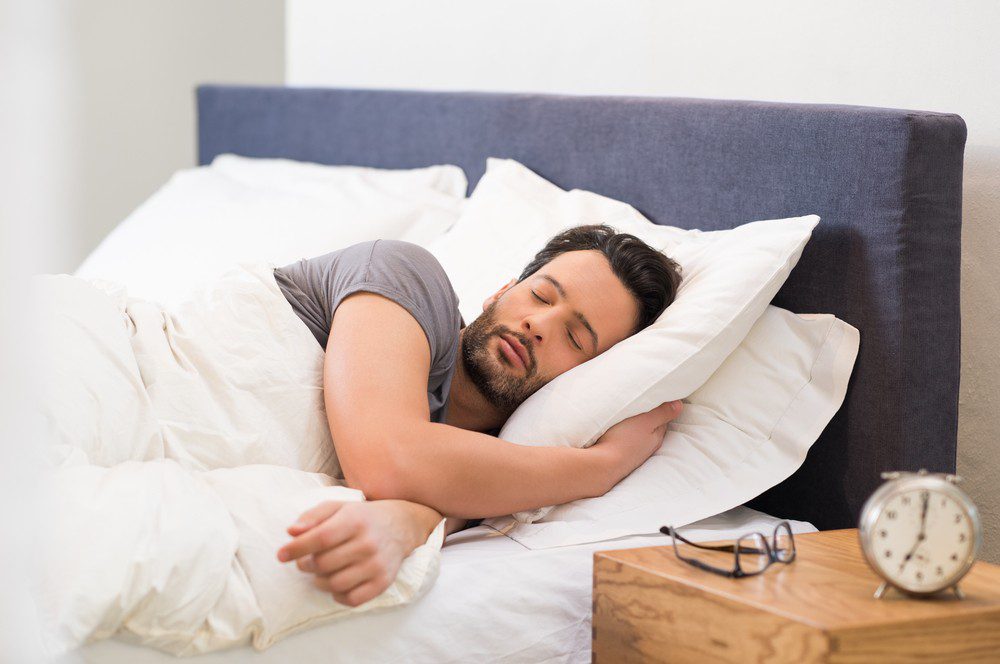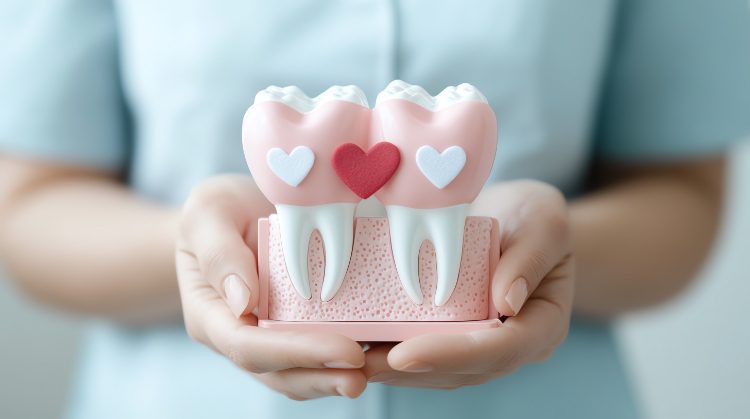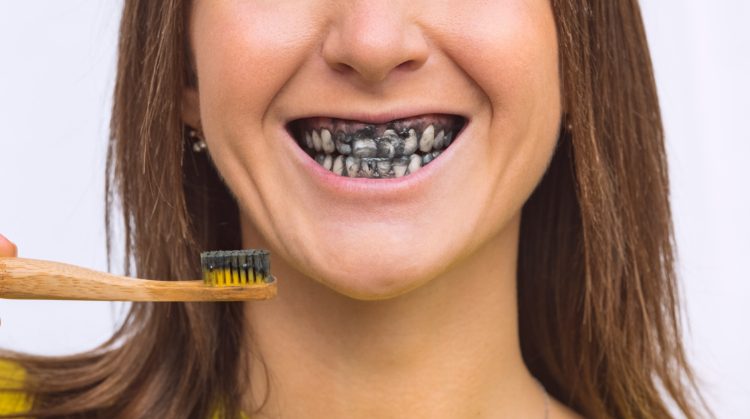
Each November is National Sleep Comfort Month, and even though it’s now over, it’s important to continually evaluate our sleep patterns year round as quality sleep plays a huge role in individual health and wellness.
Sleep disorders such as sleep apnea may prevent you from getting quality sleep. This condition can present a variety of symptoms that may include:
- Loud snoring
- Difficulty staying asleep
- Daytime sleepiness and fatigue
- Waking up to use the bathroom often
- Waking up with dry mouth, sore throat or headache
- Mood swings and concentration, memory and attention issues
Bruxism, or teeth grinding, is another common condition associated with sleep apnea.
The National Sleep Foundation states that at least one in three people with sleep apnea grind their teeth at night. This can leave you with earaches, headaches, tight jaw muscles, fatigue and tooth sensitivity. You may also notice specific changes in the shape of your teeth, or the teeth may appear worn out.
Improving Sleep Quality
The first thing you want to do is seek medical intervention to improve your sleep apnea. Leaving the condition untreated may result in far more severe conditions. It may even result in fatality. Your dentist may recommend continuous positive airway pressure, or CPAP, treatment as well as a few lifestyle changes to help you improve the condition. But there are a few things you can do yourself to improve your sleep quality.
These include:
- Reducing stress levels as stress and anxiety may trigger bruxism
- Losing excess weight
- Doing yoga and light physical exercises to help boost oxygen flow and respiratory strength
- Cutting out alcohol as this can relax the throat muscles and exacerbate the condition
- Cutting out smoking as this can cause inflammation and swelling in the throat
- Avoiding sleeping on your back as this can also relax throat muscles and inhibit proper airflow
- Using a humidifier if you live in a dry climate
- Avoiding caffeine intake anytime after noon
- Maintaining a constant sleeping schedule
- Avoiding eating between two to three hours before sleep
- Keeping the room dark and cool to promote sleep
All of these will help you improve your nighttime sleep for better relaxation. It is, however, essential to visit your dentist for proper treatment to help you get the condition under control.
Sleep apnea often seems harmless until it degenerates into something more serious. You don’t have to wait until then to remedy the situation. Proper medical intervention, along with following the tips above, can help going forward.
For more information about sleep apnea or to schedule and appointment, call us today at 425-366-7983.



